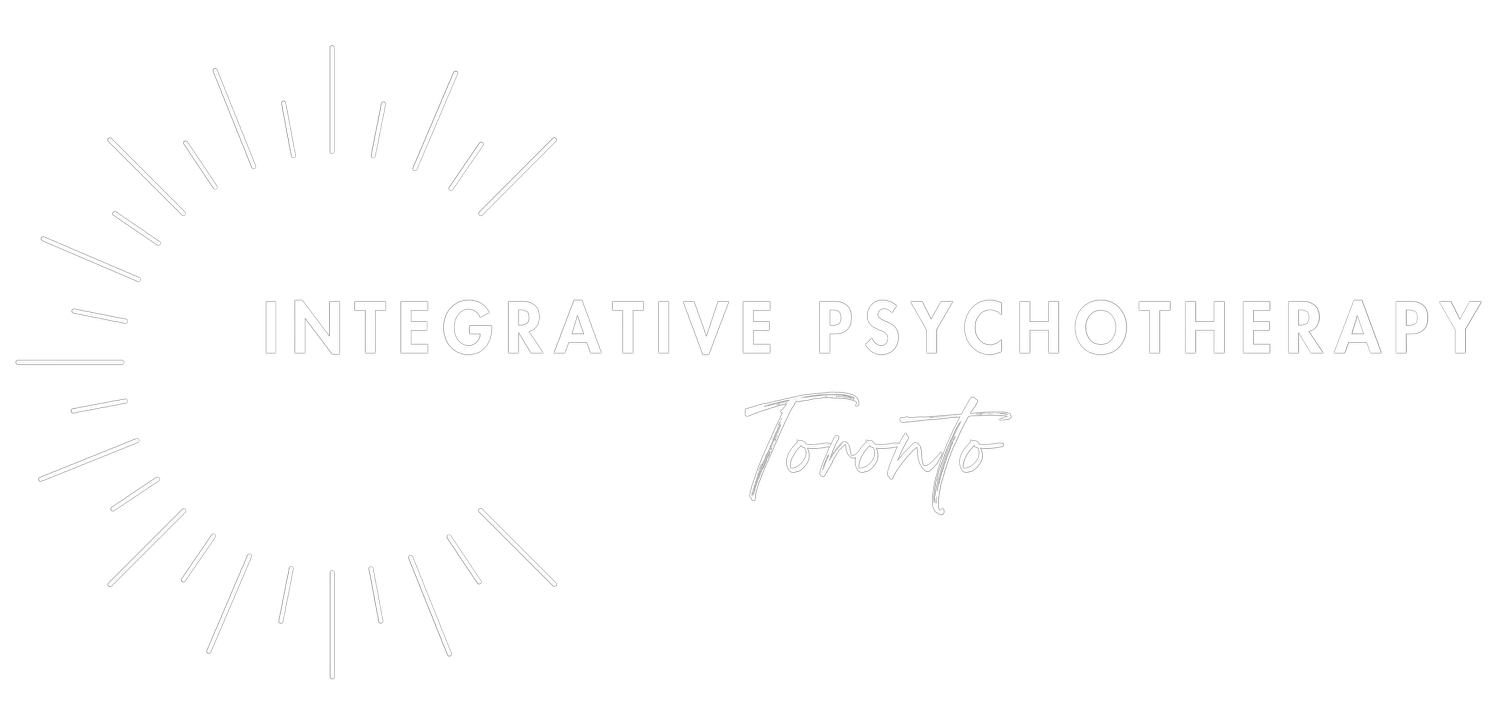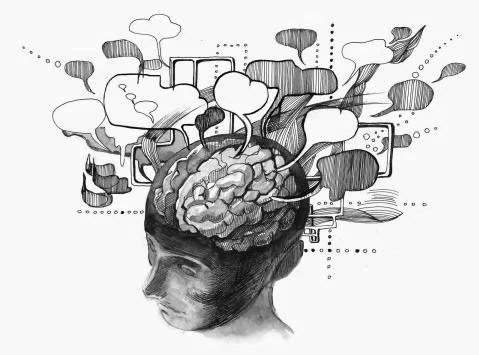why it's not just a mind issue
As far back as ancient Greece, there has been an understanding that there is some qualitative difference between the mind and the body. The body is something we can touch and feel and see, while the mind seems more elusive. While the body is made of the physical, the mind is made of the electrical, the energetic, perhaps the spiritual.
But where does the brain fit in? And disorders such as depression and anxiety – to which domain do they belong?
The brain is made of the physical. In the realm of neuroscience, depression represents a decrease in activity and function of the frontal cortex of the brain; an area associated with emotional regulation, attention, and motivation. It is a disruption of normal brain function. Neurologically speaking, depression is a brain illness. This is separate from (though intimately connected to, as we will see) a mental illness.
At least from this perspective, it would seem that the brain and it’s disorders fall into the domain of the physical, and that their classification as mental illnesses seems a bit of a misnomer.
And yet this can’t be the whole picture. We know intuitively that depression is also of the mind – of thought and emotion and experience. So what gives?
Depression offers invaluable insight into the realities of the inextricable connection between the physical and the intangible, the body and the mind.
While the brain may be of the physical, it’s neural circuitry enables something entirely non physical – the conscious mind. And while the mind may be intangible, its infrastructure is physical. To analogize, it’s the abstract that makes a house a home, yet it’s hard to have a home without walls and scaffolding.
Practically speaking, what this intimate link between the mind and the brain means, is that whether a disorder begins in the mental sphere or the physical sphere, it inevitably leads to a disorder in the other. Emotional traumas and negative thought patterns cause physical, neurological and hormonal effects. Physical stressors, inflammation and chemical imbalances have mental and emotional consequences. To treat either the mind or the brain in isolation is, at best, addressing half of the whole.







